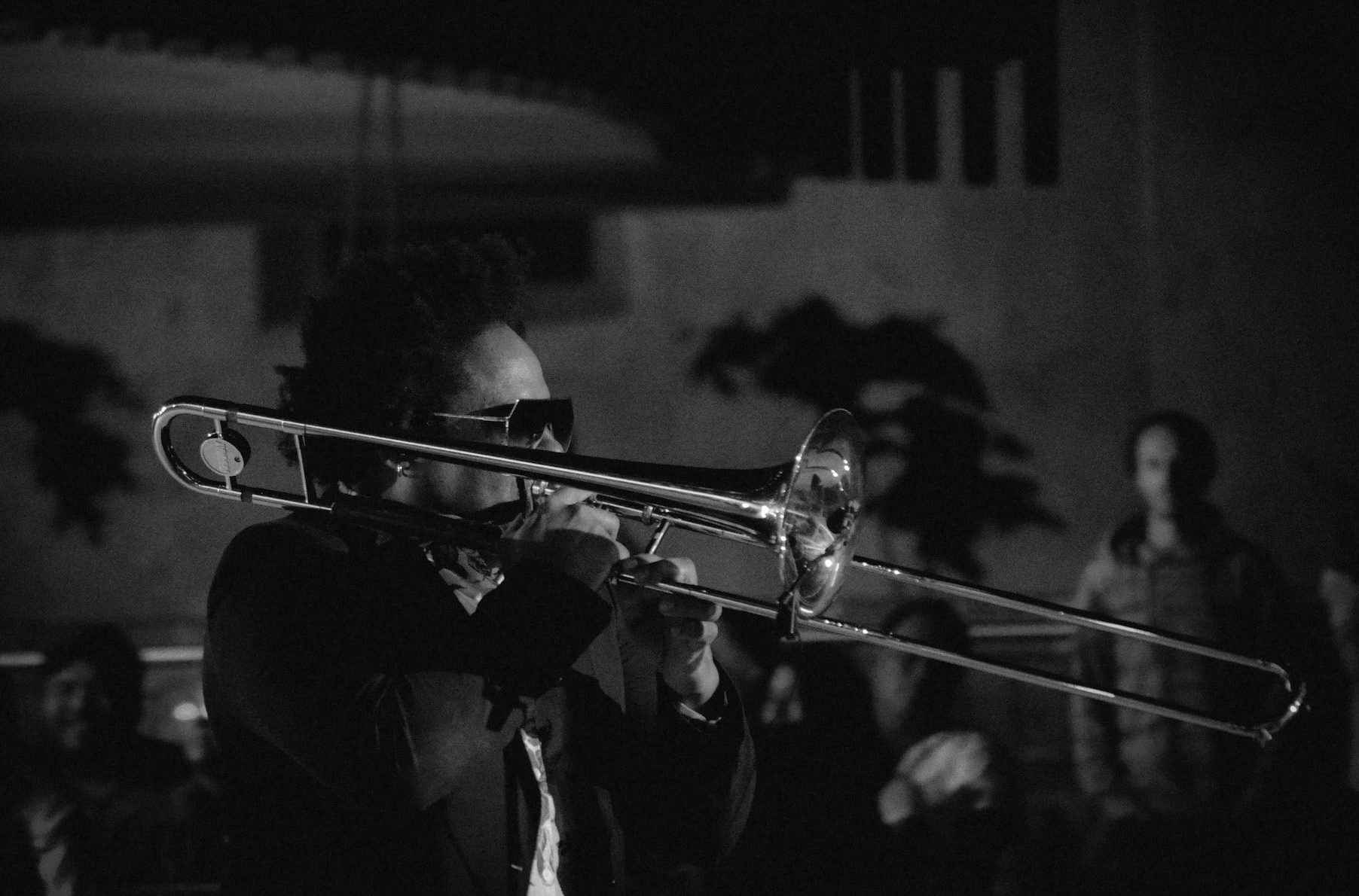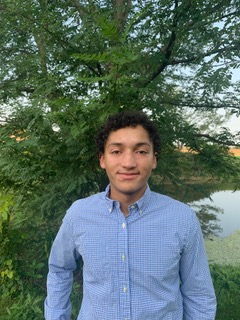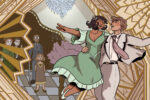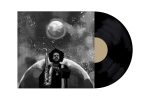Jazz is generally considered to be a dying art. The early stars who drove the Jazz Age (1920s–1930s) have passed on, and replacing them is a tall task. However, rising musicians like Kamasi Washington and Emmet Cohen are using social media to bring the genre back to the forefront.
Before the rise of online music streaming services, most jazz fans could not receive their daily dose of jazz. Even today, weekly jazz clubs or seasonal festivals are enough for many listeners to scratch their itch. For this reason, jazz is generally considered a delicacy and is not intended to be enjoyed every day. Nevertheless, in recent years the genre has become much more accessible to the average listener. Now, people can casually listen throughout the day or put on some jazzy background music while doing other activities, such as studying or cleaning.
But jazz does not entirely lend itself to casual, easy listening. Its performance should be a spectacle; as most fans know, jazz isn’t just about the music. Streaming services are largely responsible for wiping away the entire visual aspect of jazz, and they have undoubtedly contributed to the genre’s downtrend in recent years. In audio-only listening, the heart and soul of jazz music are hidden. Also, high-quality footage of the genre’s legends has become increasingly difficult to come by, and young people today are largely unaware of the various aspects of jazz that transcend music. However, rising musician Emmet Cohen is leveraging YouTube to fill the visual jazz performance gap in the music industry.
Cohen is the preeminent figure of online jazz performance. The 32-year-old pianist from Miami started his career with a musical trio, performing simple jazz standards for a few hundred followers online. But over the past few years, Cohen has amassed more than 100,000 followers and earned himself a prominent position in the modern jazz industry, especially among younger listeners.
The jazz pianist uses his newfound success to recruit other rising jazz stars from around the world to perform with his trio for brief (usually 10-minute) online concerts. This short-form video format allows for a real concert experience but doesn’t overload the audience with too many traditional — and oftentimes boring — jazz tunes. Cohen satisfies the traditional listener with visuals that are hard to find nowadays, as well as the new listener with his short, entertaining performances.
Cohen also loves to spice things up. He tries different styles with different musicians, covering renditions of rock songs like “Oye Como Va” by Santana with a unique jazz twist. He also performs jazz standards with a distinct, modern style. But what sticks out the most when watching Cohen’s videos is the band’s energy. There’s always a smile on each player’s face, and there doesn’t seem to be any judgment coming from fellow band members. The videos exemplify what jazz is meant to be: a place for fun-loving artists and free-flowing expression.
But Cohen is relatively new to the modern jazz scene, as he’s just recently found success in the online environment. Kamasi Washington, however, is seen as the leader of the genre’s new age. Washington is among the first to mix jazz sounds with more modern, hip-hop rhythms to create his unique style.
A talented Los Angeles saxophonist, Washington broke through in 2015 with his album “The Epic” — a truly fitting title for such a modern masterpiece. The album features a rendition of Claude Debussy’s classical piece “Clair de Lune,” which highlights the versatility of not only Washington, but jazz itself. Classical and jazz music are typically considered to be two opposing forces; jazz listeners want to prove their superiority over classical listeners, and vice versa. For Washington to fuse the two genres is especially shocking; it carves out a new path upon which he may lead the modern jazz industry.
It is no secret that a lot of people hate jazz. Whether it be too chaotic, boring or high-strung, jazz music is and will forever be a matter of personal preference. Jazz musicians believe that this widespread dislike stems from a place of ignorance. Understanding the intricacies of the genre requires a certain knowledge of its language and principles, which may set the bar too high for new listeners who want a simple listening experience. But Washington, Cohen and other new-age jazz artists are bridging the gap between experts of the genre and the unenlightened public.
By adding elements of popular music from several different genres, modern jazz has become much more relatable and digestible for the average listener. Whereas older jazz is hardly comparable to any other genre, the jump from a hip-hop song to a Washington piece is not far at all. Washington has even done collaborations with hip-hop and rap artists like Snoop Dogg and Phoelix to further bridge the musical gap.
The actual ages of up-and-coming jazz artists also play a major factor in the growing modernization of the genre. Both Cohen (32) and Washington (41) are young compared to the 60-year-old, graying jazz musician archetype we often see. Young viewers can more easily enjoy one of their peer’s talents compared to the talents of older musicians, which may embolden them to try and learn a little about jazz on their own. Once the public sees that being a professional jazz musician does not require a 60-year journey that leaves you gray and creaky before you can reap the benefits, younger musicians may be more inclined to join the industry.
Cohen and Washington have brought a spice of life to the jazz scene that is inspiring a new generation of young talented musicians. The modern artists’ abilities to pursue jazz through unconventional avenues and create their own recognizable sound is remarkable. The new generation of jazz artists is here, and they are here to stay.


















